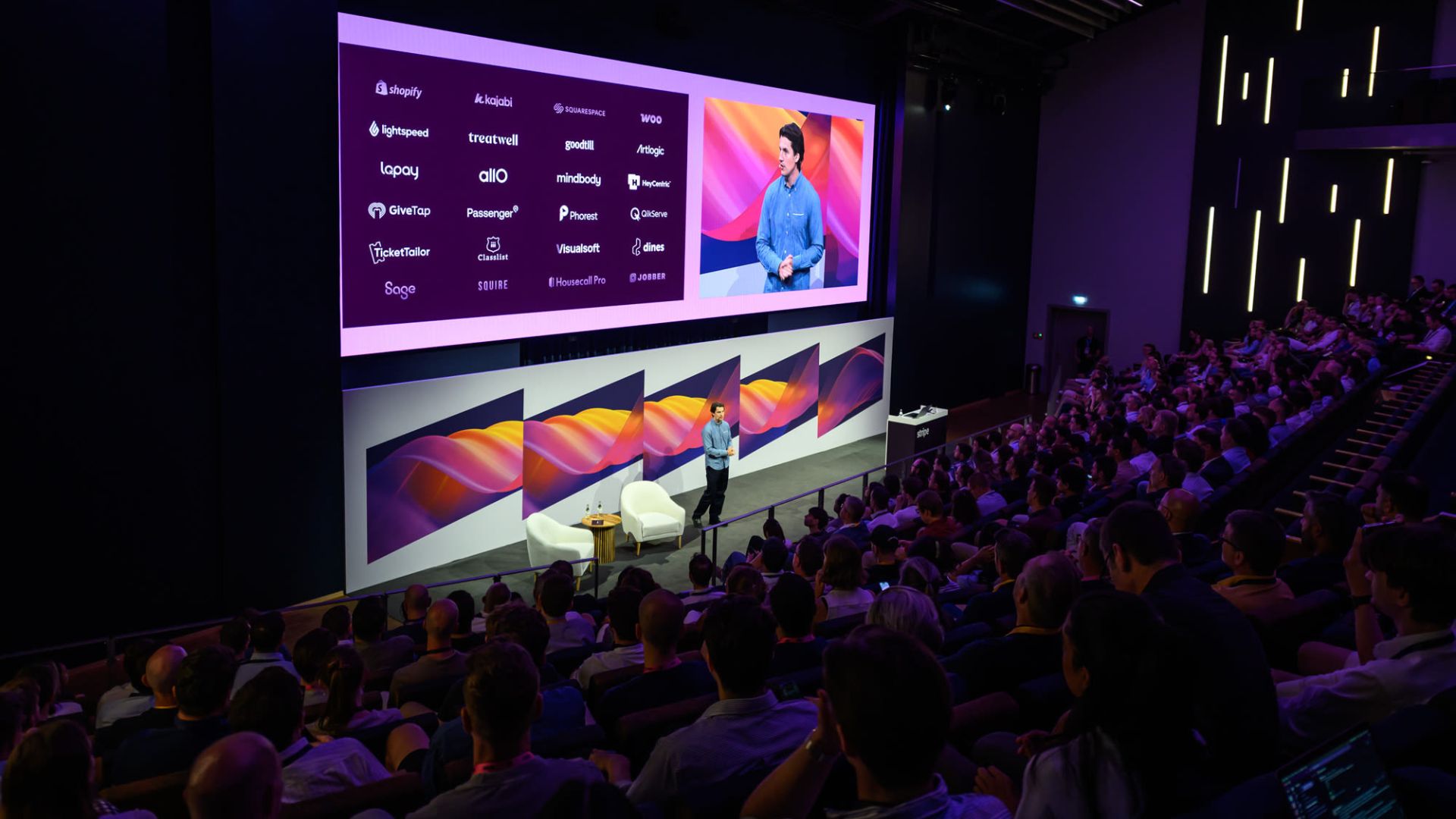Die kommentierten FinTech News der Woche
André und Jochen haben, nach vielfältiger Nachfragen, das alte Format der kommentierten News im Podcast #170 wieder aufgenommen. Alle paar Wochen wollen Sie die sich den für sie aktuellen News annehmen und diese kommentieren. So auch diese Woche wieder.
Heute wieder einmal Jochen und André mit den kommentierten Einschätzungen und wichtigsten Entwicklungen der letzten Wochen
- Google Pay DKB
- https://www.dkb.de/info/google-pay/
- Apple Pay bei den Sparkassen
- https://paymentandbanking.com//finanz-szene.de/analyse-fuenf-gruende-warum-sich-die-sparkassen-so-schwer-mit-apple-tun/
- Deposit Solutions in die USA
- https://www.presseportal.de/pm/115628/4120532
- Symbioticon SFG
- https://www.it-finanzmagazin.de/symbioticon-2018-beim-sparkassen-hackathon-von-der-idee-zum-prototyp-in-33-stunden-81357/
- Handelsblatt Story Ende des Bargelds
- https://www.handelsblatt.com/finanzen/banken-versicherungen/devisen-das-ende-des-bargelds-wie-bezahldienste-unsere-welt-veraendern/23669174.html?ticket=ST-13225736-1Rreqv7Of0kpgjSbs6QH-ap3
- kwitt Zahlen
- https://paymentandbanking.com//finanz-szene.de/analyse-sind-die-nutzerzahlen-von-kwitt-wirklich-ein-erfolg/
- Clarke
- https://paymentandbanking.com//finanz-szene.de/tag/clark/
- Instant Payment als Apple-Pay-Ersatz
- https://paymentandbanking.com//finanz-szene.de/gaesteblog-girocard-oder-apple-pay-die-antwort-lautet-instant-payment/
- Fundings
- Finleap: https://paymentandbanking.com//finanz-szene.de/tag/finleap/
- Dept-Finanzierung RatePAY: https://paymentandbanking.com//finanz-szene.de/exklusiv-83-mio-euro-debt-finanzierung-fuer-berliner-payment-fintech-ratepay/
- Orderbird: https://paymentandbanking.com//finanz-szene.de/exklusiv-50-wertberichtigung-was-ist-los-beim-vorzeige-fintech-orderbird/
- Cashlink: https://www.gruenderszene.de/fintech/maschmeyer-finlab-investment-cashlink
- Vaamo Übernahme: https://www.handelsblatt.com/finanzen/banken-versicherungen/digitale-vermoegensverwalter-moneyfarm-uebernimmt-vaamo-online-vermoegensverwalter-planen-europaweites-angebot/23653208.html
- Santander und Bonify https://www.eu-startups.com/2018/11/bonify-raises-funding/
- Lendstar lebt weiter https://www.capital.de/wirtschaft-politik/finanz-start-up-lendstar-gelingt-doch-noch-ein-verkauf
- Klarna – Fintecsystems:
- https://www.gruenderszene.de/fintech/klarna-fintecsystems
- Tomorrow Bank (launch)
- https://boerse.ard.de/anlagestrategie/geldanlage/smartphone-bank-fuer-oekos100.html
- Kontist und Sibylle Strack:
- https://www.gruenderszene.de/fintech/kontist-neue-ceo-sibylle-strack-sparkasse




